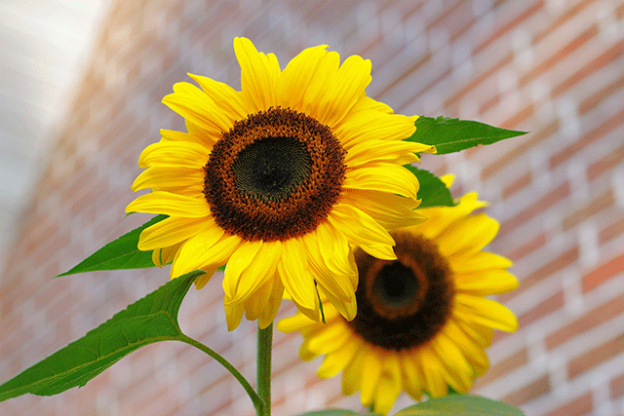Why do I call Mindfulness, bringing a non-judging awareness to our experience, “The Basic Tool of a Joyful Life”? Because it has numerous benefits that directly result in greater well-being. Mindfulness purifies our negative mental tendencies and develops our wholesome thought patterns. Here are a few ways it works:
- Weakening the Power of Our Demons
With mindfulness we can see clearly the demons that usually contract our minds in confusion. In many classical myths when a hero or heroine discovered the name of a demon or monster they could conquer it. In the same way, seeing clearly and naming our disturbing mind states—“This is anger” or “My mind is confused right now”—is actually the first step in weakening their power over us.
When we see these thought patterns clearly in this way we’re not feeding them by either getting lost in the story or blaming ourselves for having them. They come completely unbidden. You probably don’t say “I could go for some rage right now.” It just comes on its own. It’s a misperception to blame yourself for having these kinds of thoughts and moods.
If we can see all of our troublesome mind states simply as strongly conditioned habits of thinking, we shine the light of awareness on them. That way we don’t react to them with fear or judgment, which only gives them more strength. This attribute of mindfulness—seeing clearly the demons in the mind—is a potent force in working with difficult emotions and in freeing the mind of suffering.
- Strengthening What is Wholesome
The good news is that with mindfulness we’re also more able to notice healthy thoughts and feelings of well-being when they arise. By doing so, we give them more life and further incline the mind in that direction. This is the key practice to awaken our joy: mindfully feel the gladness that arises with states of well-being in your body and mind. Notice the sensations in the heart, the energy in the limbs and the expansive feeling throughout your being. Be aware of the spacious quality in the mind. Participants reported the following:
“I am finding glimpses of well-being in the most ordinary events, such as going to sleep with my toddler girl. In the past, I would have been rather impatient and wanted to put her to sleep quickly. Now I am grateful for her presence and growth.”
“The notion that I can take time and space to notice wholesome states is really a personal revolution of sorts. My inner perfectionist holds the belief that there is not time or reason to really soak up good sensations, thoughts and feelings, because I should be on to the next task or goal. So the idea of and permission to notice and soak in wholesome states has been in and of itself freeing and relaxing.”
What moments in your life can bring you joy or give a feeling of well-being? Spending time with children? Being out in nature? Enjoying a hobby? Be on the lookout for those moments and, when they’re here, notice the experience in your body and mind. It only takes a few moments of mindfulness to let the feelings of well-being register in your consciousness.
- The Transforming Power of Looking for the Good
In addition to noticing these wholesome states in ourselves, developing the habit of noticing the good around us is one of the most important mindfulness practices we can do. It has been a central practice of mine for many years, first inspired by Neem Karoli Baba, the Indian guru in Ram Dass’ book Be Here Now. He instructed students to keep looking for what is good even when you can see what is wrong. We will find what we look for. If we expect people to be jerks, we’ll have ample evidence to corroborate our theory. However, if we look for the goodness in others, we’re more likely to find that as well.
For example, if you sense that someone is looking at your flaws, how do you feel? Flawed! But how do you feel when you sense someone—who may even know all your flaws—is seeing your beauty inside? Beautiful! We have great power to draw out the goodness from others if we look for it. Try looking for what is good in others and life around you. The way to do this is by having your radar out for what you appreciate around them. This requires being present and looking mindfully with that intention. Most people will sense this very easily and will relax around you as well as let their goodness more naturally shine. Don’t take my word for it. See for yourself.
Mindfulness affects our level of well-being in many ways. The greatest gift of all is that it allows us to be present for our life. If we’re not, then we miss it. As John Lennon said, “Life is what happens to you while you’re busy making other plans.” Why not honor the gift of being alive by being here for it?

